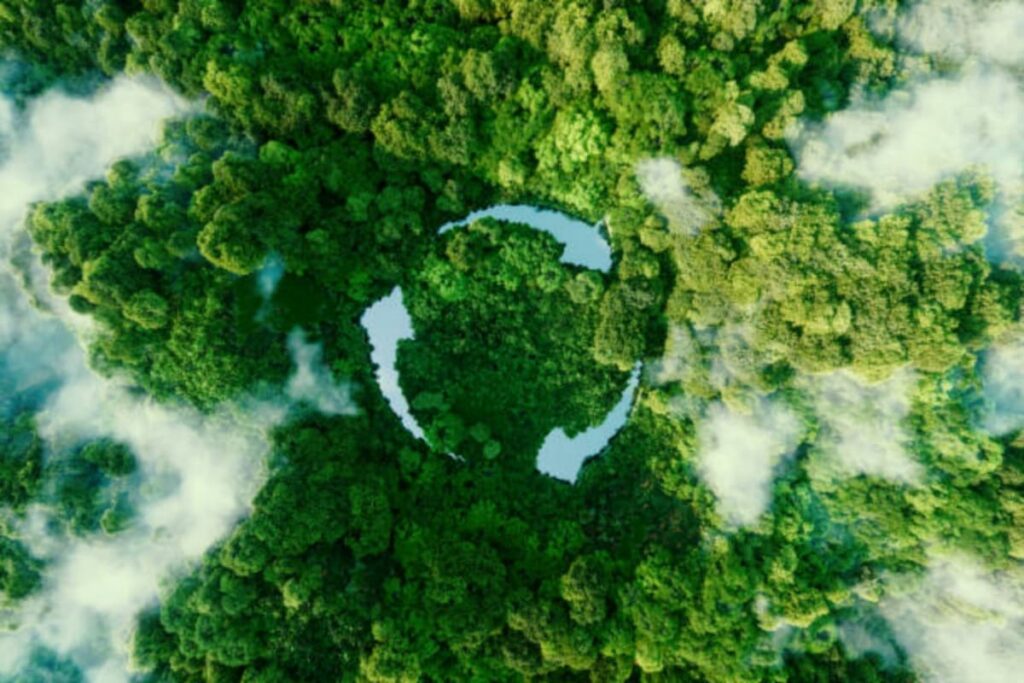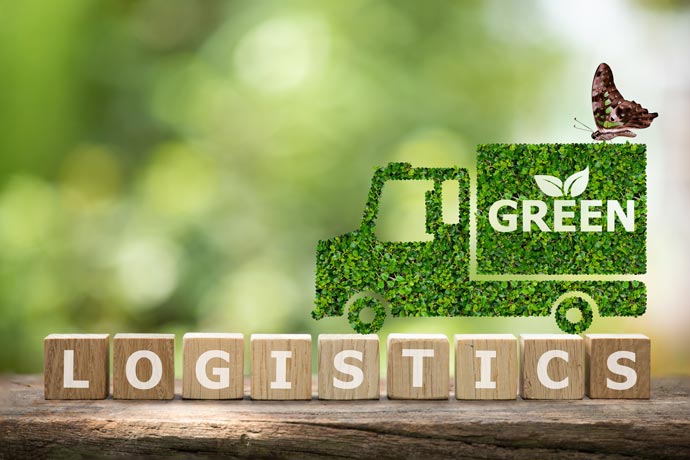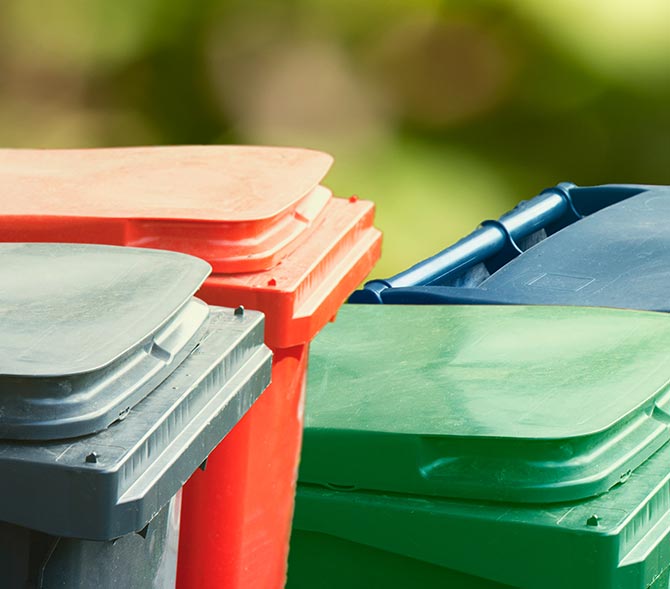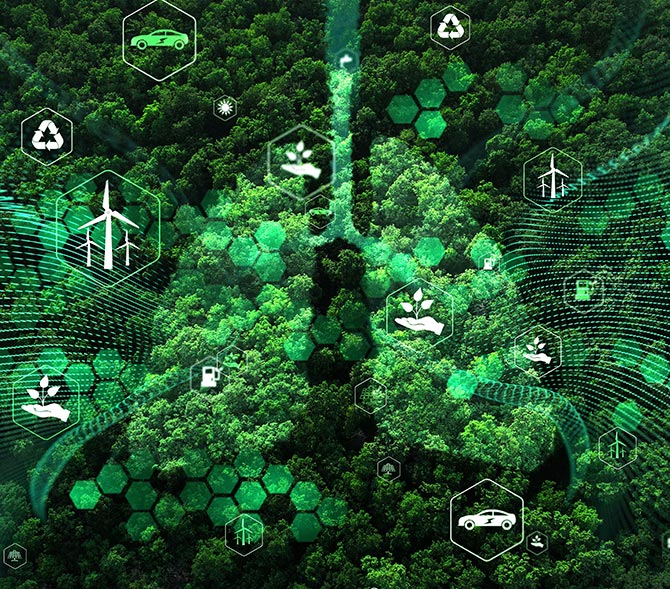Since July 1, 2016, i2a is subject to the “5 streams” decree. This decree, designated under number 2016-288 and dated March 10, 2016, is one of the decrees implementing the Law on Energy Transition for Green Development.
Accordingly, waste producers, whether they are companies, businesses, administrations, or other entities, are required to separate waste according to five specific waste streams:
This recycling approach promotes responsible waste management and contributes to green development goals and reducing environmental impacts. As an entity subject to this regulation, i2a is committed to comply with these requirements.

Our company relies on low-energy consumption processes, minimizing any polluting inputs and outputs, whether solid or liquids wastes, or noise.
In our commitment to environmental protection and sustainable development, our mission focuses on four main areas:
Responsible logistics, including eco-friendly transport and optimal recycling of packaging materials.
Waste management, by implementing environmentally friendly practices and promoting recycling and recovery of waste whenever possible.
Eco-responsible design of our products, by favoring the use and re-use of durable, recyclable materials with a low environmental footprint
Implementation of good environmental practices within our company, promoting an eco-responsible management of our resources and raising awareness among our employees about environmental issues

We are committed to minimizing our environmental footprint by identifying and implementing measures to reduce it and preserve ecosystems. We strive to manage our most significant environmental impacts efficiently, actively contributing to sustainable development and the preservation of natural resources for future generations.
We strike a balance between adequately protecting our products and instruments during transportation, while minimizing our environmental impact. We are committed to actively contributing to the preservation of natural resources and promoting a circular economy.
The majority of our shipments are subject to time constraints, limiting our flexibility in this area.
We focus on supplier replenishment and customer delivery policy to optimize transport grouping through subscription.
Our goal is to minimize the use of packaging (secondary and tertiary) while considering the distinct characteristics of our different product ranges.
We also promote the use of recycled or recyclable materials.
We strike a balance between adequately protecting our products and instruments during transportation, while minimizing our environmental impact. We are committed to actively contributing to the preservation of natural resources and promoting a circular economy.

We pay special attention to the appropriate management of each type of waste by directing them to dedicated and specialized channels:
Our approach ensures that each category of waste is treated in accordance with current regulatory and environmental standards, allowing responsible management of these materials.[AM1]
Our instrument design approach ensures optimal and extended product life.
Our Research and Development teams continually strive to choose solutions and select components that guarantee better durability of our instruments.
By improving sustainability of our products, we also support our customers in maximizing our instruments life cycle.
Adhering to good practices within the company minimizes our impact on the environment, reduces pollution and waste using energy-efficient measures such as:
Motion censored lighting, heating or air conditioning, digitization: reducing paper usage, digitization planning for various business unites in the company (commercial, management, technical), recycling of household waste (cups, food waste, etc.), environmentally friendly cleaning products usage where possible, smart vehicle fleet management with a commitment to regular maintenance and smart renewal of the fleet toward less polluting or hybrid vehicles.

We rigorously select sustainable IT solutions, favoring the use of industrial cards that meet sustainability criteria. We opt for high-quality mechanical processes, thus favoring environmentally friendly industrial practices.
The design of our premises is conceived to achieve a high level of energy performance, reducing our energy consumption and carbon footprint.
In accordance with Decree No. 2014-928 of August 19, 2014, relating to Waste Electrical and Electronic Equipment (WEEE), which transposes Directive 2012/19/EU of July 4, 2012, we have established a repurposing system. This targets both spare parts and proper disposal of end-of-life equipment when our customers cannot handle directly. We strive to minimize our environmental footprint by favoring responsible practices throughout our supply chain, from the design of our premises to the proper management of end-of-life equipment.